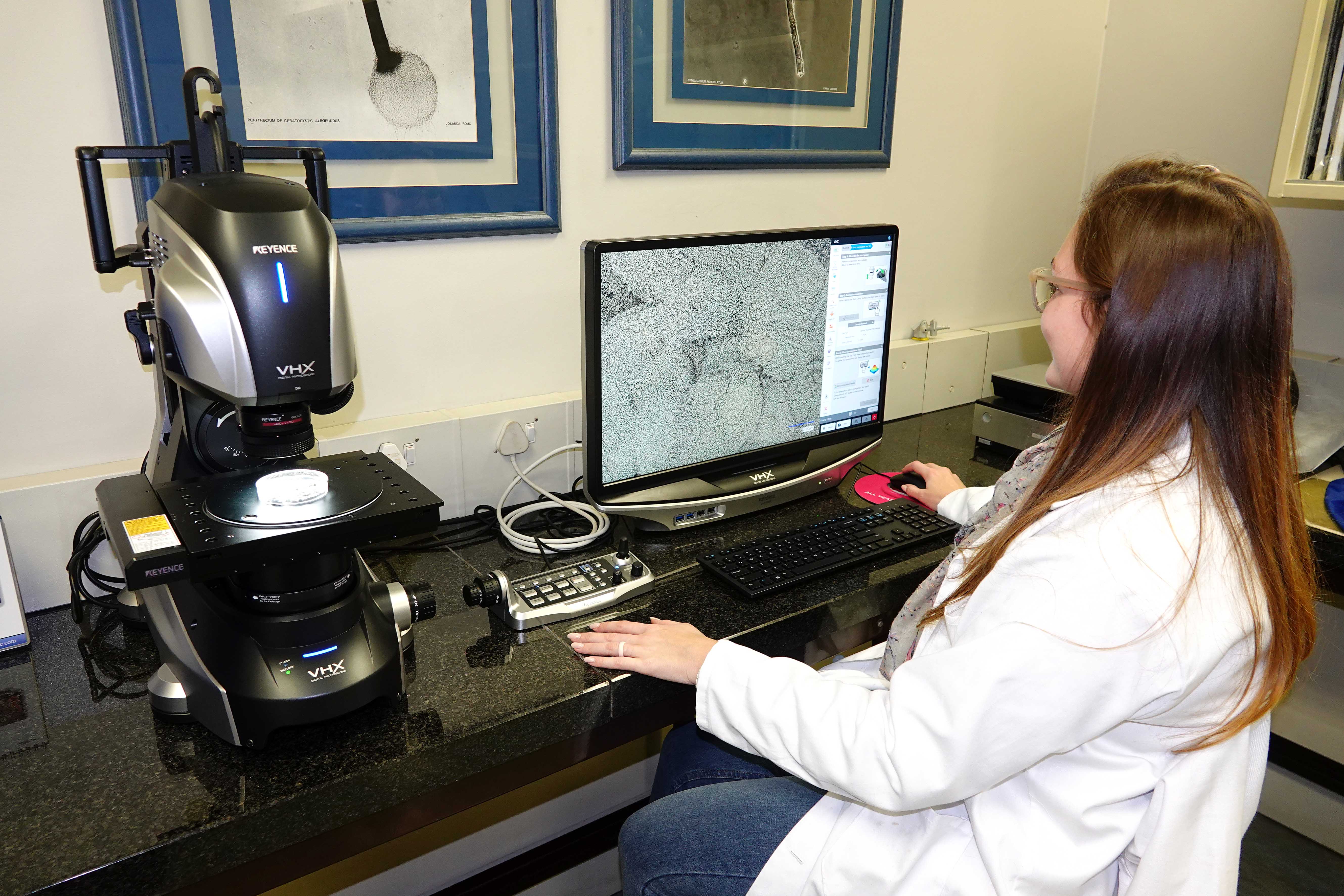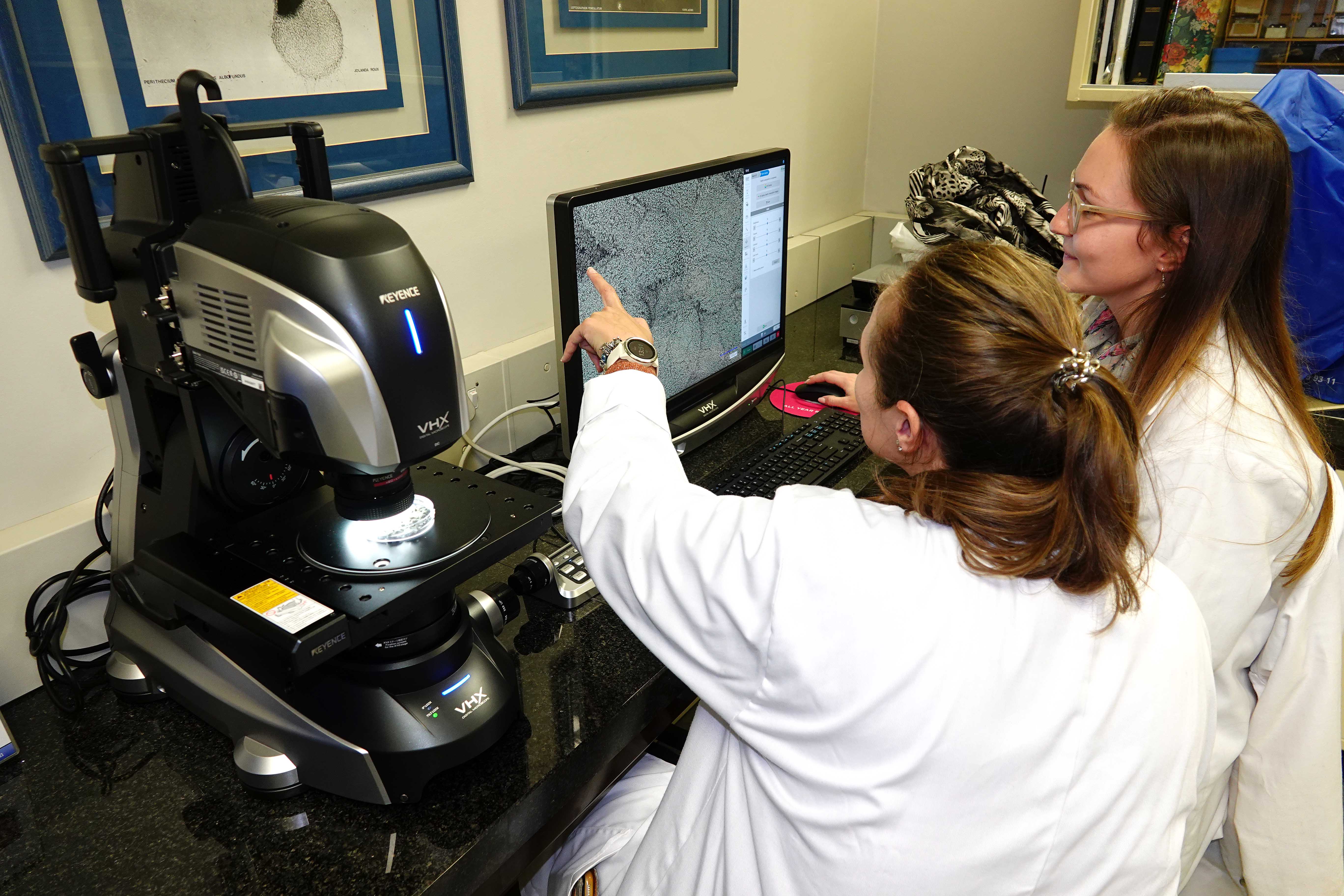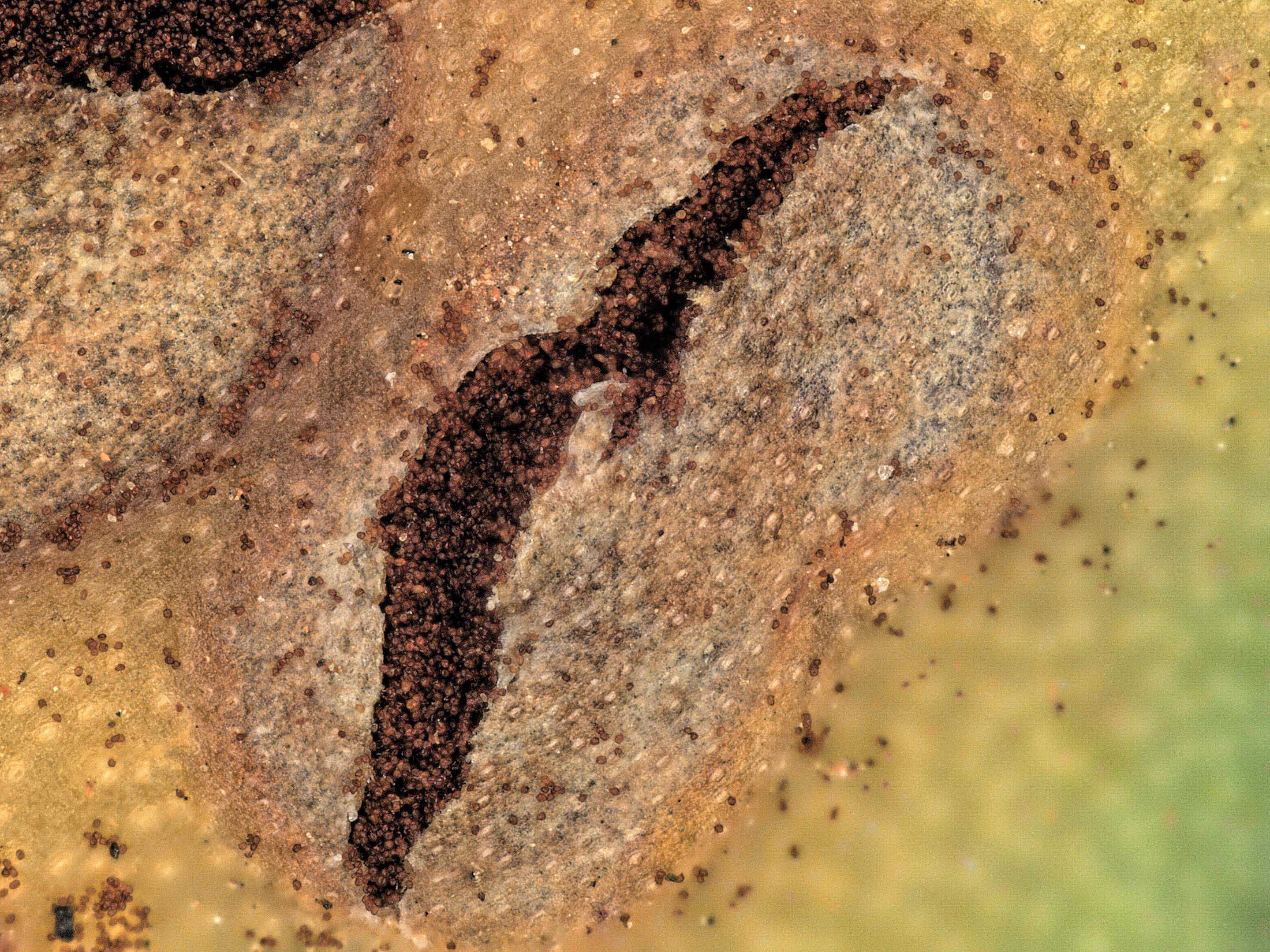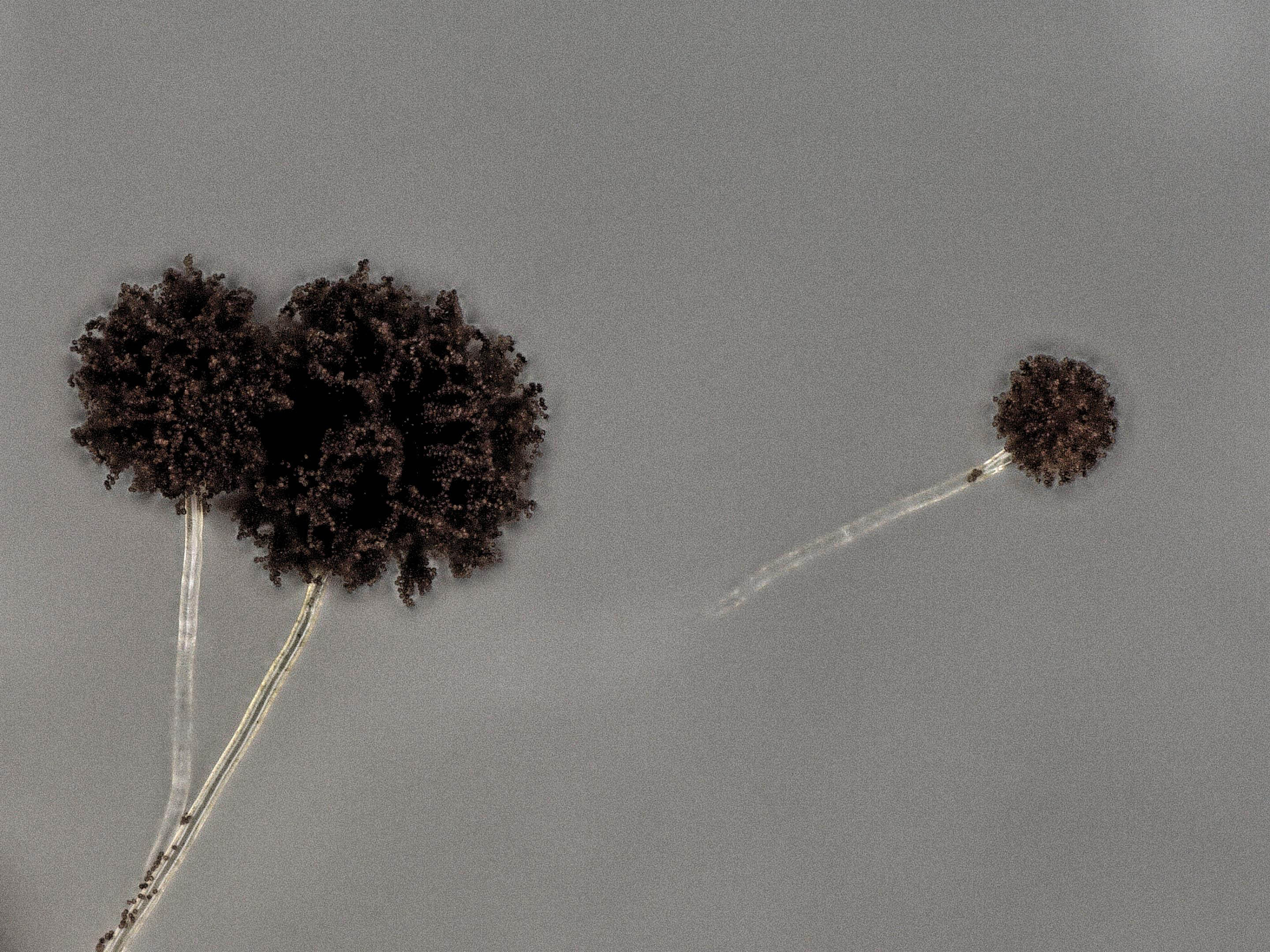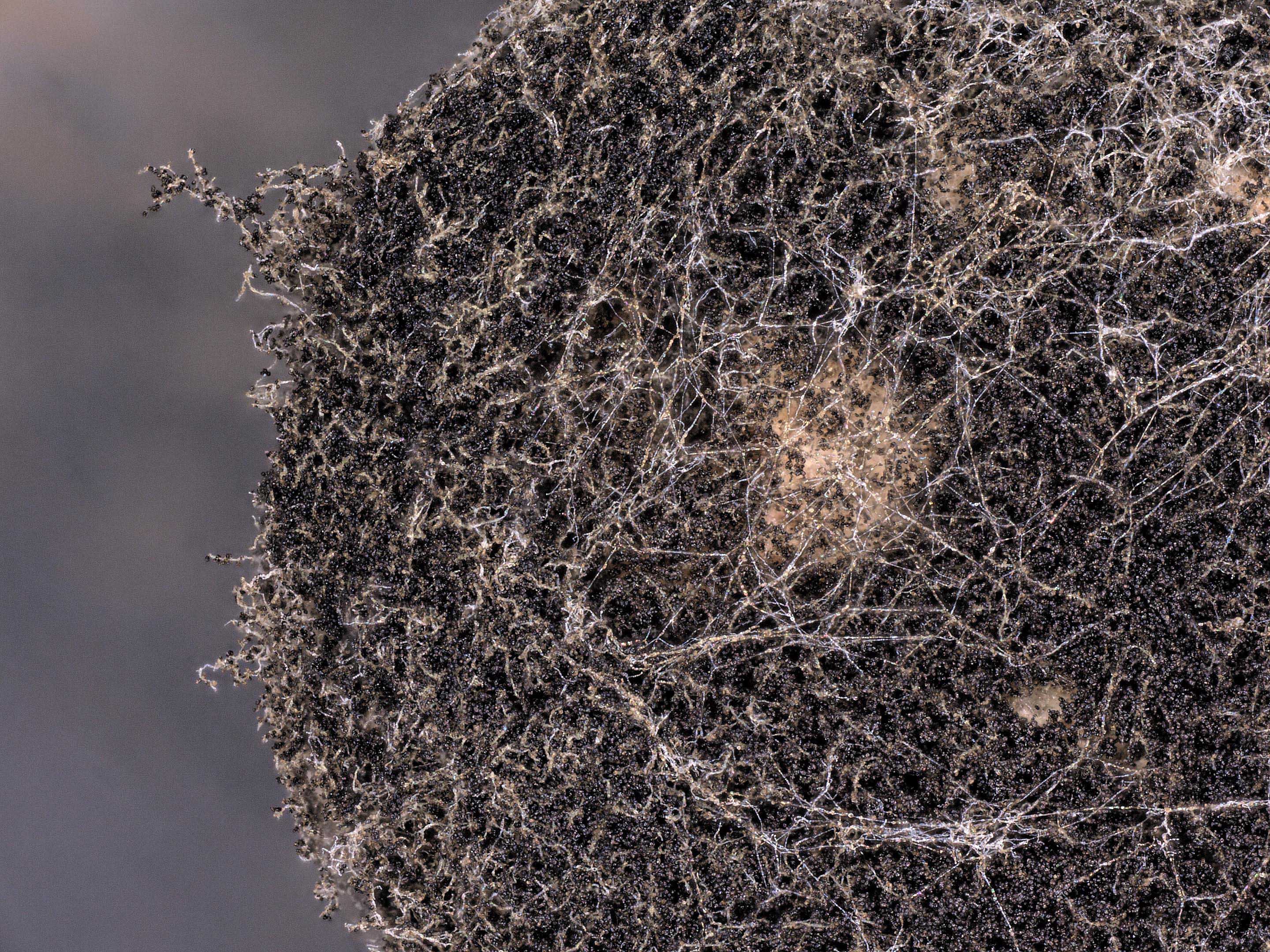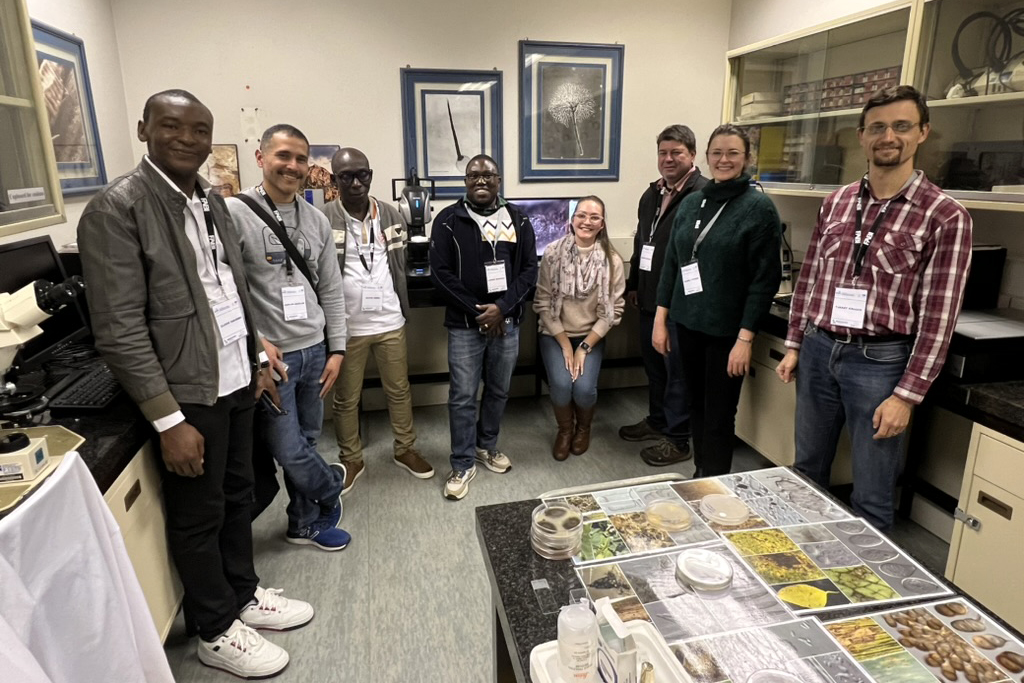A new digital microscope in FABI: A first in Africa 2024-06-25
FABI recently acquired a Keyence VHX-7000 Series digital microscope. This is the first of its kind in Africa and will make a major contribution to the microscopy capacity at the institute. FABI already hosts world class light and stereo microscope facilities, with which world class images have been produced. An example is the winning image produced by Prof. Cobus Visagie for the international Zeiss Microscopy Image Contest 2021. But there are thousands of additional images that have been produced over the years by staff and students to describe new species or the reveal key morphological features of microbes and plants that influence their interaction and ecology.
The VHX-7000 Series Digital Microscopes is the world’s first 4K sensor microscope. Originally designed for material science, where micron level observation is necessary at industrial, high accuracy and high throughput scale. These microscopes propose to offer the highest definition in the history of microscopes, and with a depth of vision that allows real-time 3D images, with real color, without preparation and thus retaining original structures and interactions, at a micron level. The microscope will allow high-throughput visualization of plant surfaces and the microbial diversity it contains at unprecedented levels.
Mrs Nicole van Vuuren, who oversees the FABI microscopy facilities, and who received and assembled the miscroscope, says “I am delighted to be the first person to use this new FABI microscope. It has a user-friendly interface and controller, allowing the user to generate high-definition, publication-ready images in seconds. The high definition and magnification, compounded with the numerous functions available, provide the end-user with a comprehensive understanding of the specimen.”
Two days after its delivery, the microscope was already used for a microscopy workshop linked to the workshop on the Biophysics of Spore Dispersal. Participants were in agreement that this helps them see the morphology of plant surfaces and the diseases on then, as well as fungal cultures and their spores in a totally new and eye opening way.
The FABI community thanks the Department of Science and Innovation, the University of Pretoria and their forestry industry partners for the financial contributions to acquire this special piece of equipment.


